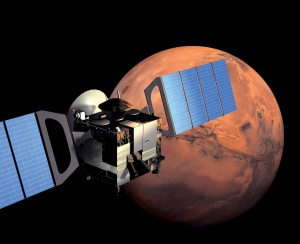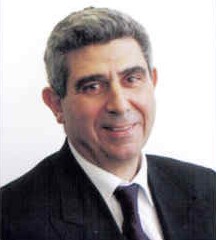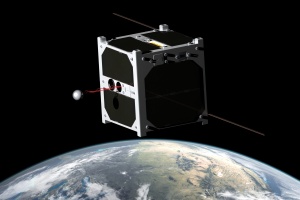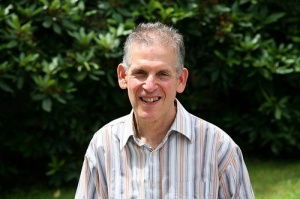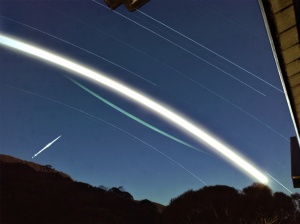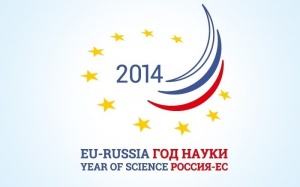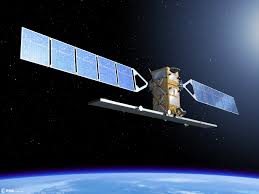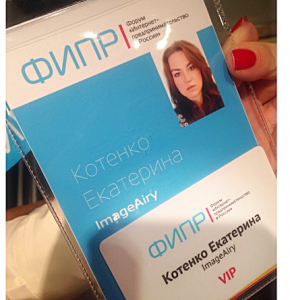We are pleased to invite you to the Skoltech Seminar. And this week Prof. Constantinos Stavrinidis will speak about “Space Vehicle Developments and Mission Challenges“
When: February 05, 2015, 13.30 – 15.00
Where: São Paulo Auditorium, Brazil cluster; Skolkovo School of Management
Seminar Abstract:
The presentation by Prof. Dr. C. Stavrinidis will briefly outline satellite missions undertaken by the European Space Agency.
Activities are identified for the establishment of mission requirements. Technology development is presented for science, earth observation, and telecom missions. Micro vibration issues are addressed as they arise in scientific satellites with high pointing stability, and satellites using laser communication terminals. Analysis and test advancements are presented for evaluating the criticality of microvibrations, and measuring at micronewton level the effects that arise from satellite reaction wheels and propulsion system thrust perturbations. Optics and Optoelectronics developments are presented to progress in this rapidly evolving area.
Transferring technology from space to non-space applications (‘spin-off’) also through the creation of Space Incubators across Europe will also be addressed.
Finally verification activities, and related test facilities, are presented for mitigating in orbit failures.
Speaker Introduction:
Prof. Dr Stavrinidis graduated in Aeronautical Engineering (Bachelor and Master of Science) from Imperial College, University of London and obtained Doctorates in Structural Dynamics from University of Stuttgart (Dr Ing.), Germany, and Imperial College University of London (PhD), England. Prof. Dr Stavrinidis received in 2011 an Honorary Doctorate from the Moscow Aviation Institute (MAI). Prof. Dr Stavrinidis was awarded in 2012 the Eugen-Sänger medal.
Prof. Dr Stavrinidis is Head of the Mechanical Engineering Department which covers the major space disciplines Structures, Mechanisms, Optics, Optoelectronics, Life and Physical Sciences, Environmental Control and Life Support (ECLSS), Automation and Robotics, Thermal Control, Propulsion and Aerothermodynamics, and Test facilities for verification of space vehicles systems and subsystems. The Department is responsible for the developments that are being performed in these areas in Agency technology, and Satellite Programmes.
Prof. Dr Stavrinidis is a Chartered Engineer with the UK Engineering Council, Fellow of the Royal Aeronautical Society (RAeS), Fellow of the American Institute of Aeronautics and Astronautics (AIAA), Member of International Academy of Astronautics (IAA), Member of Académie de l’Air et de l’Espace (AAE), Space Branch Chairman of the Council of European Aerospace Societies (CEAS). Prof. Dr Stavrinidis is member of the Technology Advisory Board (TAB) of the Imperial College Aeronautics Department. He is member of the Advisory Board of the Governing Body of the University of Delft, The Netherlands.
* The Skolkovo Institute of Science and Technology (Skoltech) is a private graduate research university in Skolkovo, Russia, a suburb of Moscow. Established in 2011 in collaboration with MIT, Skoltech educates global leaders in innovation, advances scientific knowledge, and fosters new technologies to address critical issues facing Russia and the world. Applying international research and educational models, the university integrates the best Russian scientific traditions with twenty-first century entrepreneurship and innovation.
